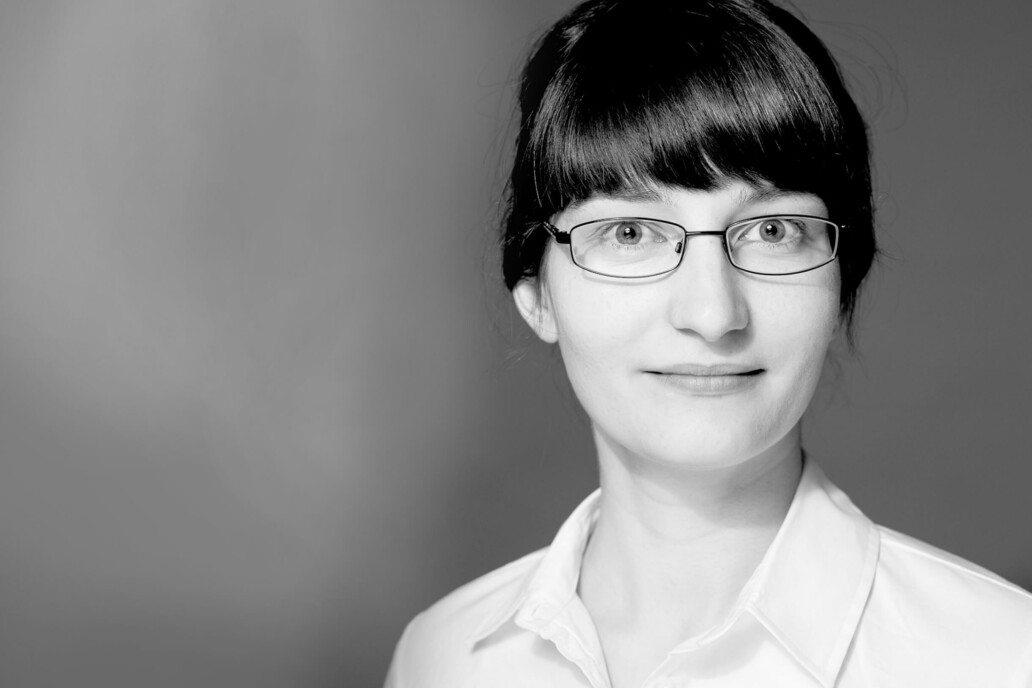Dr. Caroline Möller
Dr. of Engineering Environmental technology/renewable energies
Contact
Reiner Lemoine Institut gGmbH
Rudower Chaussee 12
12489 Berlin
T +49 30 1208 434 75
E-mail: caroline.moeller(at)rl-institut.de

Vita
In contrast to the linear product life cycle, a material or object in a circular economy becomes the starting product for a new object or material at the end of its useful life. A central aspect of this circular economy is ecodesign. Through a systematic and comprehensive approach to product design, eco-design reduces the environmental impact over the entire life cycle and is therefore one of the measures that attempt to decouple economic growth from resource consumption. There is a great need for research in this area, as previous political and legal efforts have mainly focused on the energy efficiency of energy-related products, but ecodesign also includes many different components (e.g. reparability, recyclability, minimum service life, etc.) that have received little attention to date.
Research topic
Storage requirements and system costs in the electricity supply from the perspective of energy regions and energy districts
With the expansion of renewable energies (RE) at regional level, the concept of the energy region has become established. These are regions that are striving for an intensive expansion of RE and independence from the import of fossil resources. In this context, a self-sufficient energy supply plays a central role. The calculations of self-sufficiency, which are often based on balance sheets, do not take into account the compensation of fluctuating electricity generation through storage and thus neglect an essential feature of fluctuating renewable energy sources such as wind energy and photovoltaics, which are considered the foundation of a renewable energy supply. Using the Osnabrück-Steinfurt region as an example and on the basis of energy system models, the doctoral project establishes a connection between calculated and real self-sufficiency and deals with the question of which real degrees of self-sufficiency are inevitably achieved by the expansion of RE, how higher real degrees of self-sufficiency affect storage requirements and system costs and which synergy effects result from the interconnection of several regions. A particular focus is on transferring these issues to the neighborhood level. The topic of self-sufficiency at a regional level is controversial, but at the same time there are many pilot projects and business models at the neighborhood level as an association of several households. The synergy effects in generation and consumption are often cited as an advantage of neighborhoods, but the system level is much smaller than the regional level. The aim of the doctorate is to analyze these two system levels from a technical-economic perspective using model calculations and to evaluate their relationship.
Supervision
Second supervisor: Prof. Dr. Sandra Rosenberger, Hochschule Osnabrück
Place of doctorate: TU Clausthal
Keywords
Energy system modeling, scenario analysis, storage requirements, energy regions, district storage
